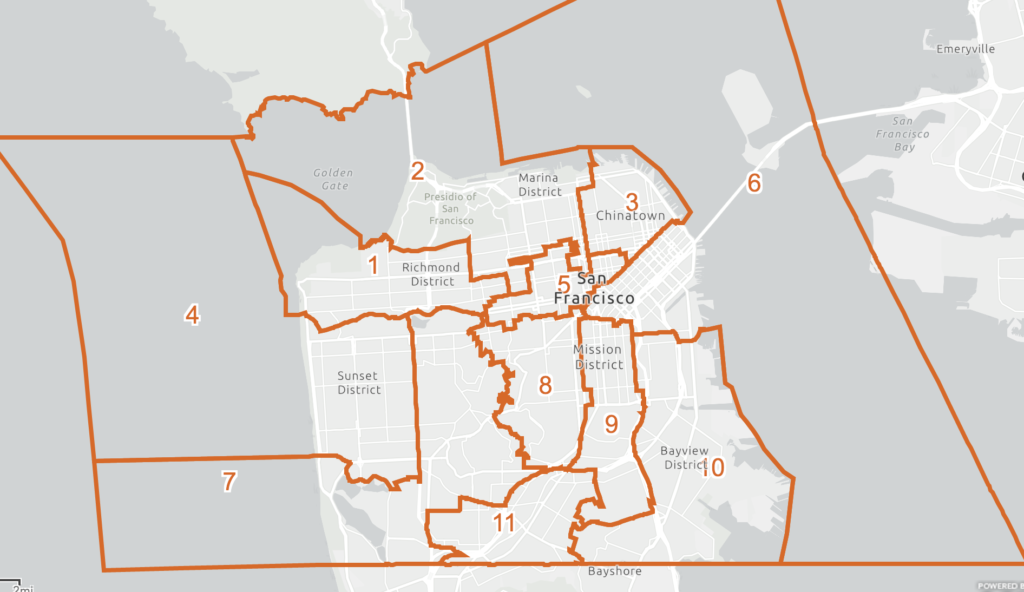It became clear about half an hour into the Redistricting Task Force meeting Thursday that the deal was done, and a badly gerrymandered map designed to damage progressive voting power was going to be approved.
The move was quick, stunning, and for a lot of the activists in the room, unexpected.
Last week the Task Force agreed to put a final map on the table that would have satisfied most of the hundreds of activists who had been showing up, day after day, to testify in favor of some version of a map the community could get behind.

That map was approved on a 5-4 vote, with the chair, Rev. Arnold Townsend, casting the swing vote. All of the mayor’s appointees except Townsend and all but one of the Elections Commission appointees voted no.
It wasn’t perfect, but to most of the organizers, it was a good start.
Right away at Thursday’s meeting, Task Force member Michelle Pierce made a motion to adopt that version, known as Map 7, as a starting point for the final, final version.
After a bit of discussion, the clerk called the roll. The vote to reject Map 7 and go back to the severe gerrymander was 5-4; Townsend switched sides.
Then Townsend immediately moved to shift Potrero Hill back into D10—a huge issue for the Black community. That was approved on a 5-4 vote, with Townsend in favor.
So Townsend agreed to change one aspect of a terrible map—and then voted not to change the rest.
The final map is going to be approved and can’t be changed. It severs the Tenderloin from Soma; it puts Seacliff in District 1; if moves District 4 south. It does a lot of what the real-estate industry and the mayor’s allies publicly said the want: A shift away from progressive voting power.
The process, to be polite, has been a mess. Every previous redistricting Task Force reached consensus on the lines. This one has been split 5-4 on every major decision. The meetings have gone until 3am; the overwhelming comments of the community have been rejected, repeatedly.
This is how backroom political power works in the administration of Mayor London Breed. And unless someone sues or put a Charter Amendment on the ballot to change it, this will be the district map for the next ten years.



